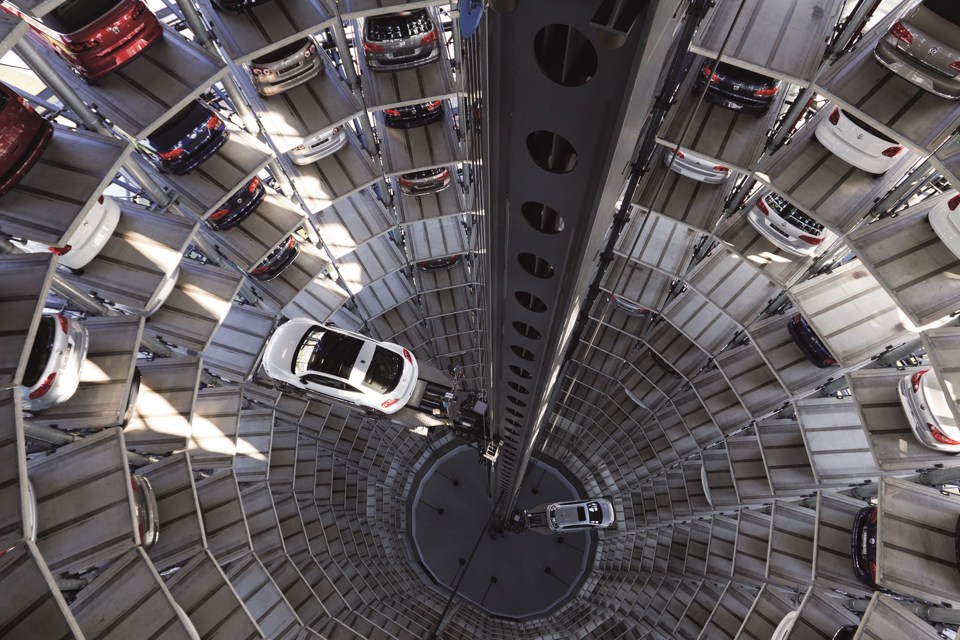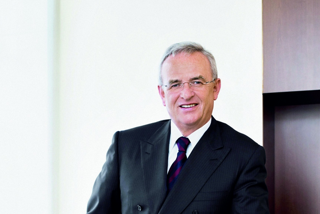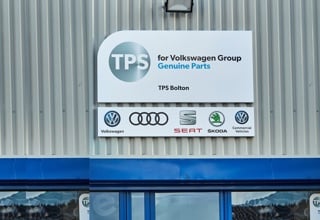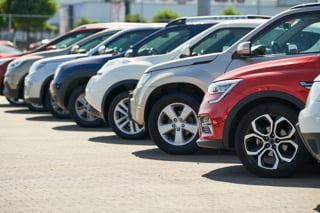A class action representing more than 90,000 UK Volkswagen owners will aim to determine whether its emissions-reducing defeat device software was designed to defeat clean air laws.
The Volkswagen Group is denying that the software it used was an illegal defeat device but a preliminary High Court hearing will today (December 2) focus on whether software fitted to 1.2 million vehicles was designed to cheat clean air laws in the UK.
If the biggest class action of its kind in the UK is successful in the two-week preliminary hearing starting today, a full trial is expected to take place in 2020.
A spokesman for Slater Gordon, which is representing the majority of the UK customers, told AM this morning that Mr Justice Waksman will be asked to rule on whether the software installed in the cars was a ‘defeat device’ under EU regulations.
He will also be asked to determine whether the High Court is bound by The German Federal Motor Transport Authority’s finding that the software installed by VW was a defeat device.
VW admitted to manipulating 11 million vehicles worldwide to fool emissions tests back in September 2015.
In the US the OEM paid out $4.3 billion in civil and criminal penalties after pleading guilty to criminal charges and total costs for VW are estimated to have reached $21bn.
VW will also pay between $87m and $127m in compensation to customers in Australia, despite having made no admission of liability.
The OEM maintains that its engine software did not breach the law and said in a statement that “there has never been a defeat device installed in any of its vehicles in the UK”.
Commenting on the proceedings at the High Court this week, a Volkswagen spokesman said: "The purpose of the hearing is to determine two specific questions of law, namely whether the English & Welsh High Court is bound by the findings of the German Federal Motor Transport Authority (KBA) or the British Vehicle Certification Agency (VCA), and whether the legal definition under Article 3 (10) of Regulation 715/2007/EC of a defeat device is met if certain factors are fulfilled. Volkswagen says the answer to both questions is no."
He added: "Volkswagen Group continues to defend robustly its position in the High Court in London. It remains Volkswagen Group’s case that the claimants did not suffer any loss at all and that the affected vehicles did not contain a prohibited defeat device. The decision today does not affect any questions of liability or loss.”
Quoted in The Guardian newspaper, Gareth Pope, head of group litigation at Slater Gordon, said: “VW has had plenty of opportunity to come clean, make amends and move on from this highly damaging episode.
“But instead it’s chosen to spend millions of pounds denying the claims our clients have been forced to bring against it rather than paying that to their own customers in compensation.”
Back in September the Volkswagen Group branded allegations that chief executive Herbert Deiss and chairman Dieter Poetsch were guilty of market manipulation in connection to the dieselgate scandal as “groundless”.
The German carmaker’s senior executives were formally charged with market manipulation in Brunswick, Lower Saxony, Germany, on September 24, over allegations that they intentionally failed to inform investors early enough about the diesel emissions scandal.
Former Group chief executive Martin Winterkorn was also charged.
The court proceedings come at a time that sees the Volkswagen Group attempt to re-brand itself as a market leader in zero emissions elecrtric vehicles (EVs).

















Login to comment
Comments
No comments have been made yet.